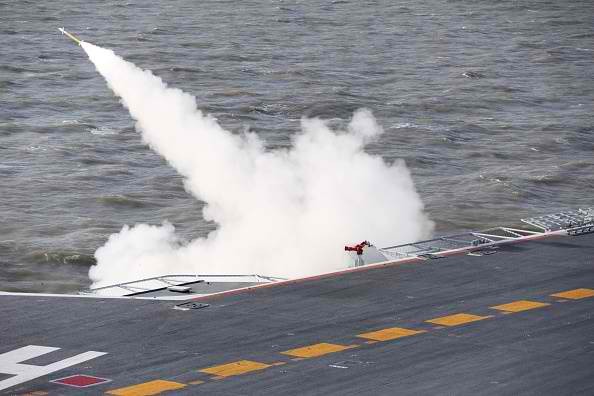President Xi Jinping called for the People's Liberation Army to collaborate with the private sector to develop their arsenal and take lessons from science and technology companies.
The president's order was expressed so that the PLA will fast track the application of the latest technologies in the army's missiles and spy techniques.
Military experts think that China is rapidly closing the gap with the U.S. in terms of military technology.
Anthony Cordesman, a national security expert at the Washington-based Center for Strategic and International Studies, said, "If you were to look at reports like Chinese military power over time, it's obvious that China is closing the gap more quickly than, for example, we probably would have estimated five or three years ago."
China's military technologies are products of partnership with private technology firms in the production of laser weapons, advanced sensor and stealth aircraft.
American experts believe that China's developing missile technology is more threatening because it means that China is closing in its plans for state-owned cyber industrial espionage.
Richard Fisher, a senior fellow on Asian military affairs at the International Assessment and Strategy Center in Alexandria, Virginia, said that the prioritization of missile development is a sign of an aggressive missile program.
"China's overall effort toward civil-military integration will provide great benefits to China's already very aggressive espionage programs," he said.
The development of China's missiles is done in a fast pace and will eventually change the security landscape of the world.
According to John Chipman, director general of the International Institute for Strategic Studies, "China is developing what could be the world's longest range air-to-air missile."
He added, "Western technological superiority, once taken for granted, is increasingly challenged. We now judge that in some capability areas, particularly in the air domain, China appears to be reaching near-parity with the West."



























